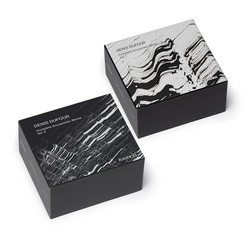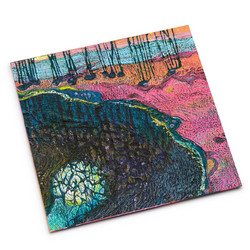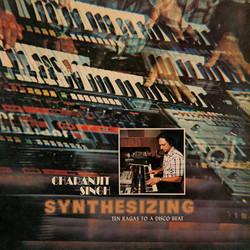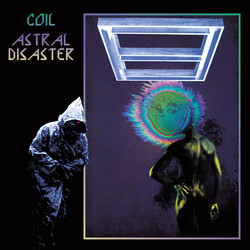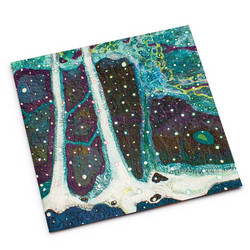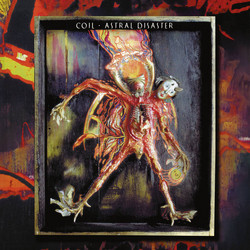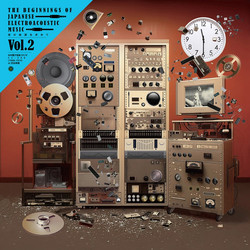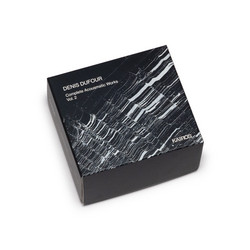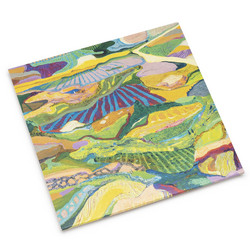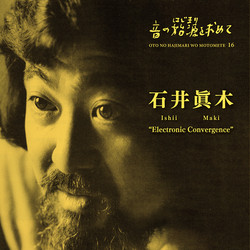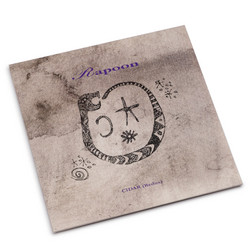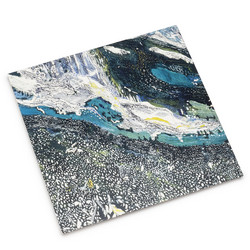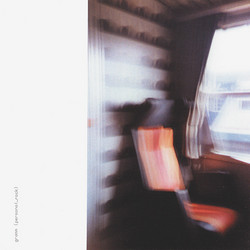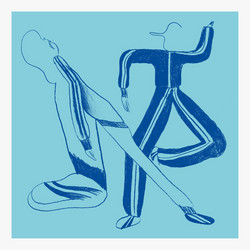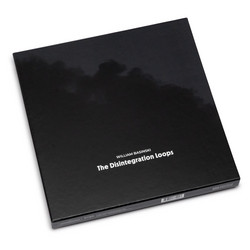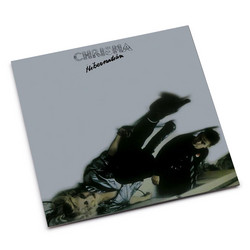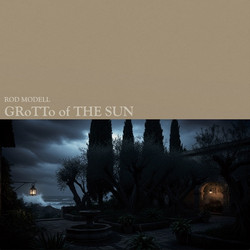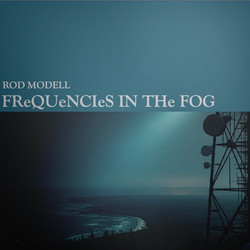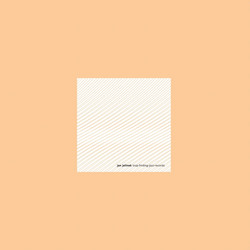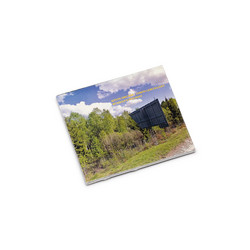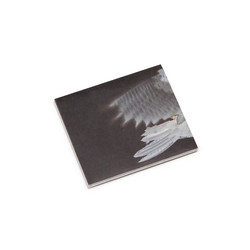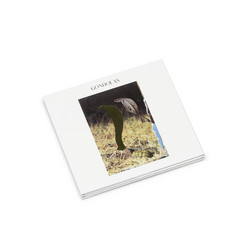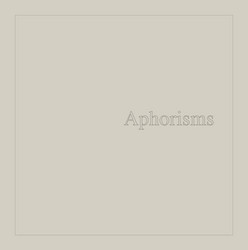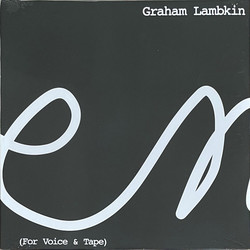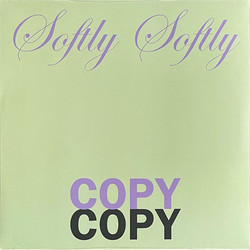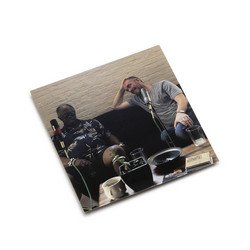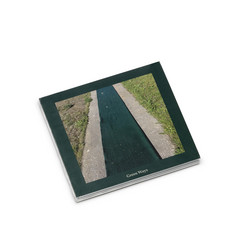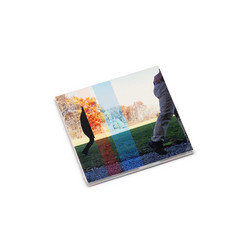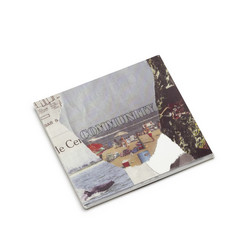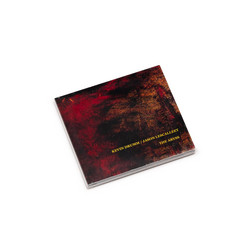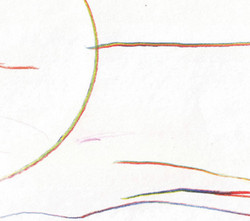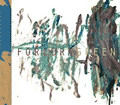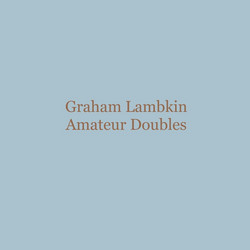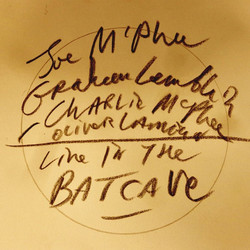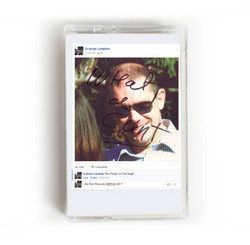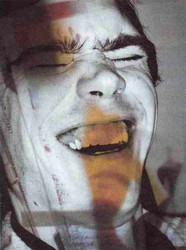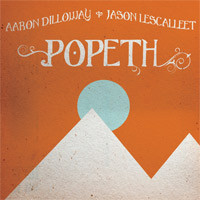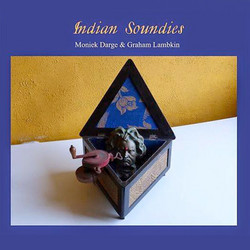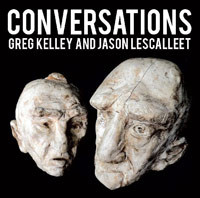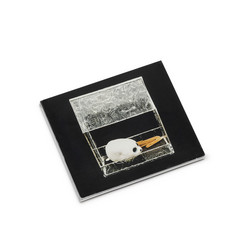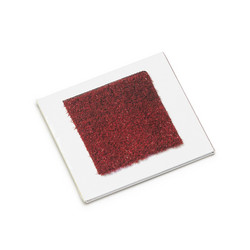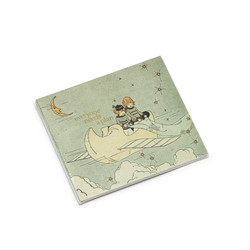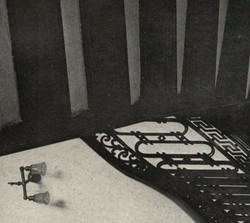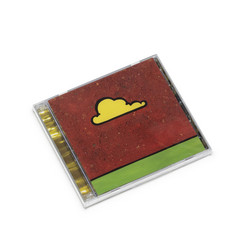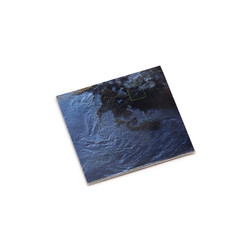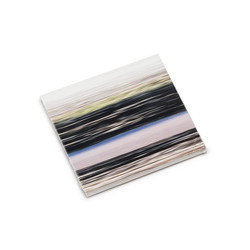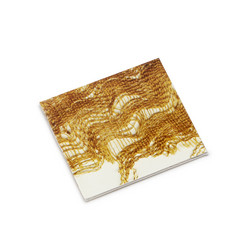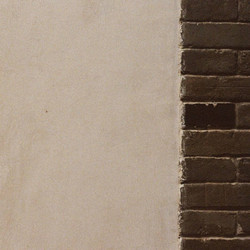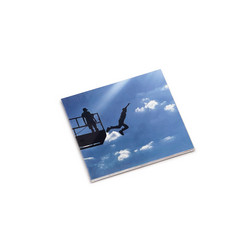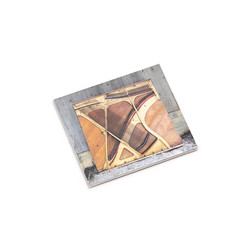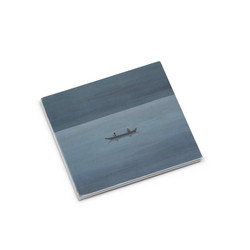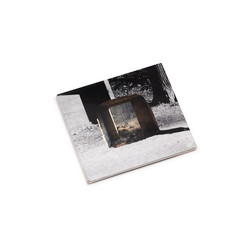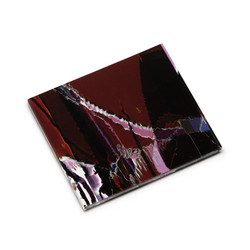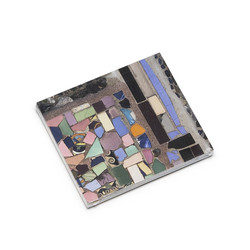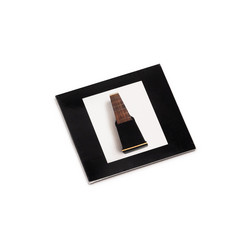Jason Lescalleet, Graham Lambkin
The Breadwinner
Graham Lambkin and Jason Lescalleet are editors of the best variety, so recording sound was only half the story. Through tape manipulation and various editing techniques, The Breadwinner falls even closer in line with The Anti-Naturals theory by appropriating the mundane (for aesthetic reasons, of course). The result sounds like an inadvertent exploration of dislocation and displacement, much differently than musique conrète and minimalist compositions or the real-time experiments of, say, nmperign or Sunn O))). It's actually most similar in spirit to Lambkin's work from last year, Salmon Run, but while that album saw him invading public-domain classical works in a concise, direct way, most everything on The Breadwinner feels a little off and uneasy, a little smeared. Even Lambkin's own invasions this time around -- on "Listen, The Snow Is Falling" and "Lucy Song" -- are either more timid or directed at himself. It sounds simultaneously like self-parody, pastiche, and compromise, but it's all the better because of this.
On the other hand, Lambkin and Lescalleet seem to share a similar sense of dynamics and variety. In fact, The Breadwinner is precisely the type of album one would expect from a collaboration between these two. It may not be as exacting and colorful as Lescalleet's wonderful solo album, Mattresslessness (in which silence, pacing, and color play larger roles than heard here), but it has a similar construction that blurs the distinction between treated and non-treated sounds. Furthermore, both artists also seem to acknowledge the recording equipment as vital elements in the overall presentation of the music. The quality of a Dictaphone or Casio SK-5 (a sampling keyboard used for the album) will certainly have a different quality than a standard Shure condenser mic. This isn't about clarity or fidelity, and Lambkin and Lescalleet not only acknowledge this, but subsume it.
With an album as seemingly dense as The Breadwinner, it's easy to read into superficial aspects, like the connections to composer Robert Ashley (the album cover is an homage to the LP version of Ashley's Private Parts) or how the album's subtitle reads "musical settings for common environments and domestic situations" (note the "for" instead of "from"). But there's really no single epiphany here, nothing really to "get," no crucial subtext to be discovered. Instead, it's just about finding appreciation in sound and sound construction, even with few narrative qualities or emotional signifiers to grasp. It's about vicariously living in Lambkin's permutated apartment through the sounds, placing yourself in a restless context to which you can either give in or analyze. The former may provide the temporary release that could very well expand your aesthetic tastes, while the latter will likely get your head in critique mode. In both cases, you'd be that much closer to The Anti-Naturals. - tinymixtapes
